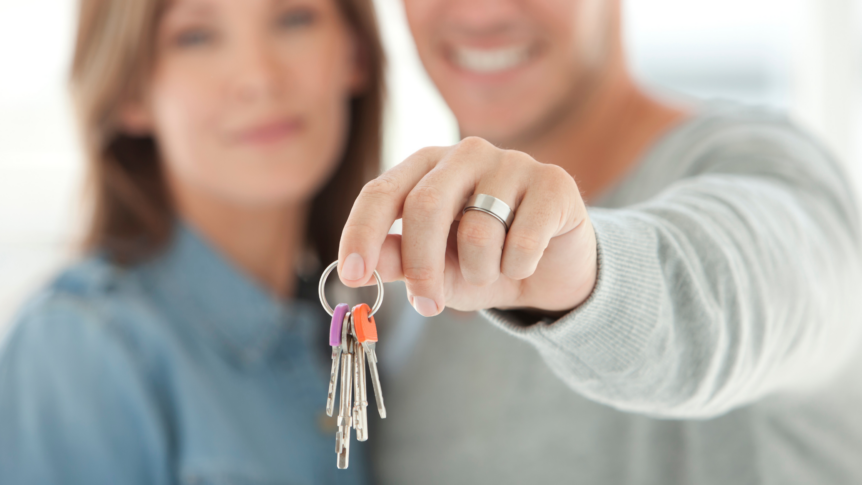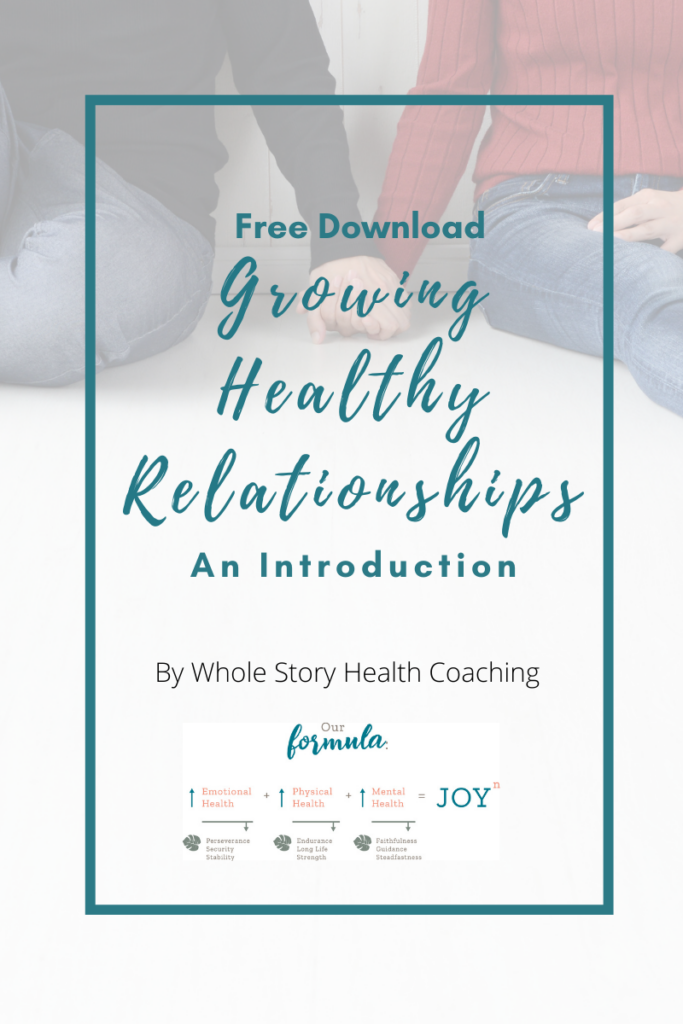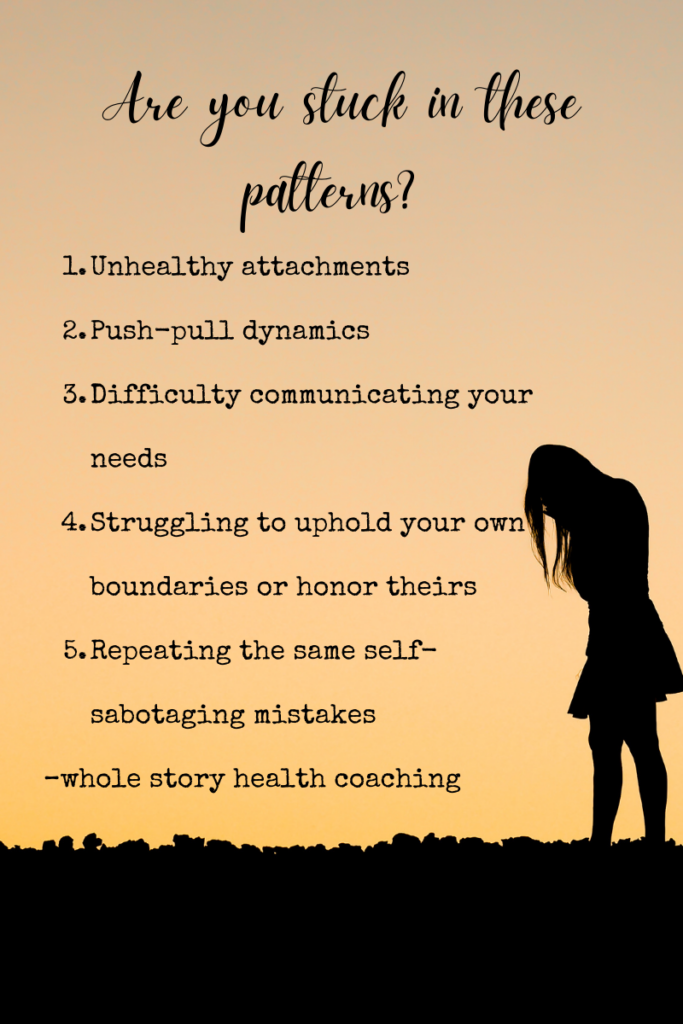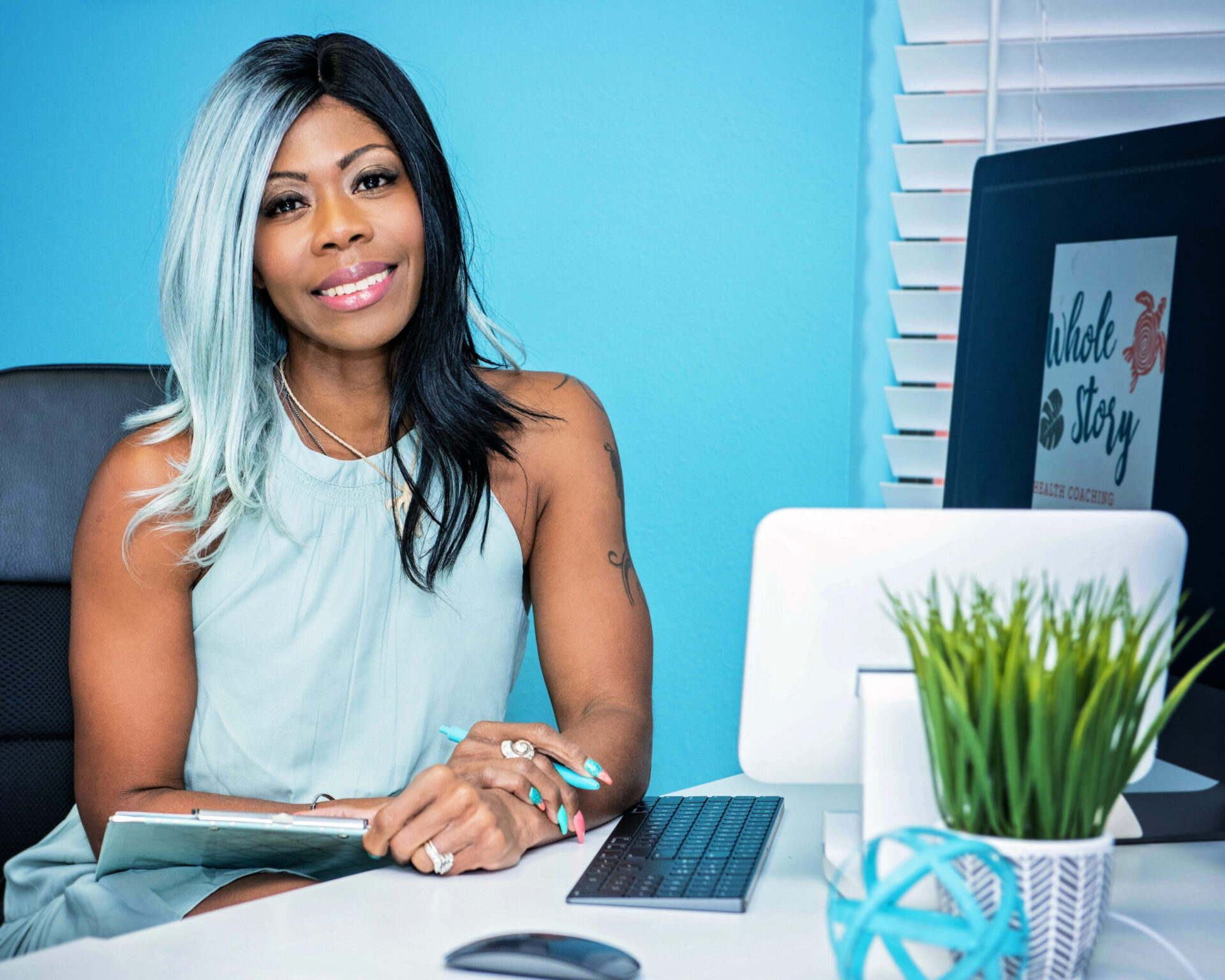Growing a healthy relationship starts with each individual’s commitment to the partnership.
That is non-negotiable.
Or, at least it should be.
But sometimes, in an effort to draw someone in or keep them close, we make decisions that are against the best interest of our physical, emotional, spiritual, and mental health.
Sadly, we end up making choices that are destructive and will ultimately undermine us.
Looking Within
Whether in a friendship or relationship. a number of factors go into our decisions about who we:
- allow into our lives
- attract
- are attracted to
We have to recognize that healthy relationships start within.
And, until we develop our self-awareness and a stable inner core, we will continue to find ourselves in potentially unhealthy connections.
Below are seven keys to opening the doors to a better, healthier relationship with yourself and others.
Decipher your values.
For those of us with codependent tendencies, we have to be careful not to push our own values aside to keep the peace… or the person in our lives. Learning to uncover our values, strengthen our core, and live in our power will help ensure that we are staying true to ourselves…rather than changing who we are for acceptance and approval.
Sometimes our values are obvious and at other times— not so much. In some cases, we must develop the ability to decipher the subconscious ones.
For me, (after a lifetime of emotional “rollercoastering” and people pleasing), some very strong reactions to certain people and situations helped me to realize that I had “hidden” values that were being violated.
This below-the-radar value system was guiding how I behaved, who I chose to keep close, and what I would and would not tolerate. It also directed what I allowed or blocked from getting into my spirit.
Discover your healthy relationship identity.
During the honeymoon phase, everyone is on their best behavior and trying their hardest to impress their new partner. However, as the novelty wears off (and the stresses of life start to play a larger role), the comfort of the familiar takes over. And…we drop the facades.
As we begin to see different sides of each other, there will be patterns in our habits and personalities that will start to emerge.
In learning to discover our relationship identity, we can better discern where there may be unhealed wounds or unresolved issues—especially ones that are causing us to choose unhealthy people to populate our lives.
Our relationship identity can also help us to gauge our awareness of certain aspects of our mental and emotional health. We may notice that we:
- form unhealthy attachments
- engage in push-pull dynamics
- have difficulty communicating our needs
- struggle to uphold our own boundaries or honor theirs
- keep repeating the same self-sabotaging mistakes
The list is endless. Whatever our individual case may be, it will tend to show up over and over unless we intervene.
Along the way, I have learned to look at my patterns and glean information from my past and present functioning. I noticed that certain friendships and relationships corresponded to the quality of my mental and emotional health at the time. Tweet
Char Aukland, CHC
Taking the time to re-examine who we’ve been and who we are will give us valuable insight. It is up to us to act on it.
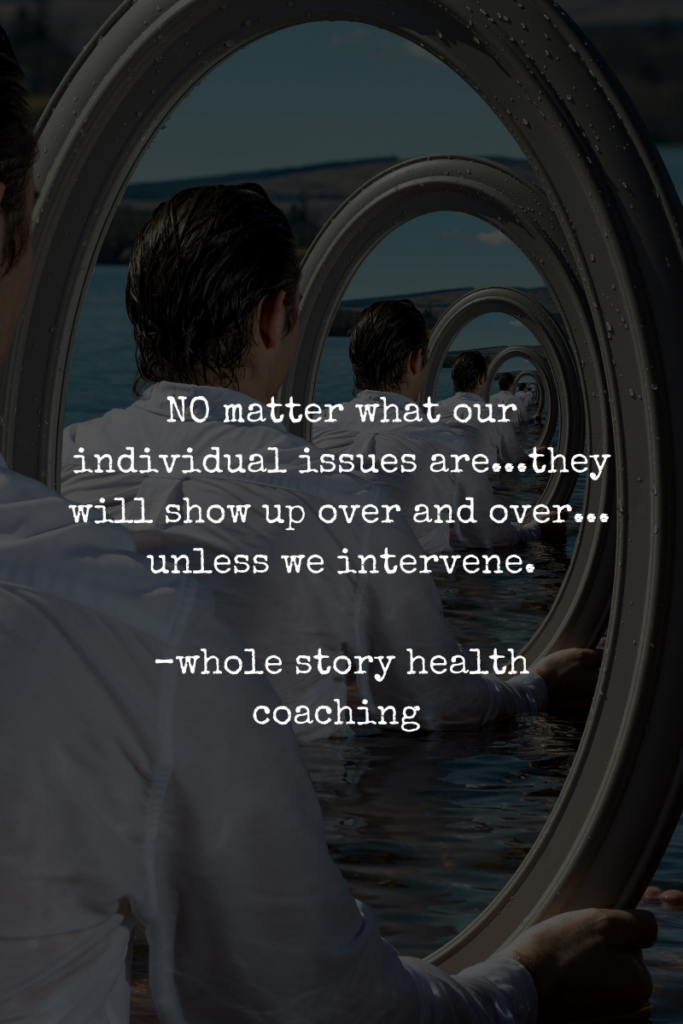
Decide your “self” standards.
Not only do we need to understand our values, but we need to allow them to form the foundation of our standards. When I say standards, I am using it as a way to encompass how our boundaries, expectations,and values align with each other.
When we are setting standards, we have to learn to take our time and be patient with the process. It won’t happen overnight, and we may have to tweak it along the way. The goal is to have some idea of who and how we want to be—consistently.
I’ve seen way too many people end up hurt because of a lack of awareness of what standards they wanted to uphold for themselves.
The ultimate result of weak standards is (constantly) succumbing to what the other person wants. We are also more likely to allow the influence of strong emotions to take the place of doing what was in our best interest.
Determine your healthy relationship values and standards.
Once we understand our standards for ourselves, it can give us a better idea of who we want to be in a relationship or friendship. For example:
- I value emotional connection
- My boundaries include taking time for self-care
- I expect to be treated with respect
We can also determine what it is that we want and need in a partner. Keep in mind these should be healthy wants and needs.
Determining our relationship values and standards ahead of time helps us to know:
- when we’re veering off track
- where we need help along the way
- how we can get the help we need to stay in a mentally, emotionally and spiritually healthy and satisfying relationship.
Define your non-negotiables.
Knowing our nonnegotiables requires us to have a thorough understanding of ourselves. We need to intimately know the things that we absolutely won’t tolerate; and, how we will respond when they are violated.
Struggles with self-worth and boundaries are often factors in an inability to stand up for ourselves and ensure that we are treated respectfully—with our standards kept intact.
If one partner (or friend) is more dominant (or persuasive), we may find ourselves repeatedly compromising just to keep going—negotiating our rights and needs away in the process.
Though compromise is an important part of any relationship, we have to be aware of outcomes consistently not in our favor. We won’t always have our way, but constantly being on the losing end means it’s time to take a step back.
Deliberate your dealbreakers.
What are the issues that would cause you to walk away if they occurred? The importance of knowing this cannot be understated. Once our emotions are involved in our decision-making process, logic flies out the window.
Being able to answer this question right now might not prevent you from changing your mind, but it’s good to know where you stand ahead of time.
Describe your ideal healthy relationship (to yourself).
Many times, what we think of as an ideal relationship is a picture painted by scars, fears, insecurities and wounds. So many of us come from dysfunctional backgrounds and, unknowingly, we can place the responsibility on our partners to make up for what we never had.
For example, we may often hear or even believe:
- “I want someone to take care of me.”
- “I need someone that listens to me, understands me.”
- “He/she completes me.”
What we don’t think about is the why behind those wants and “needs”. Assigning someone else the responsibility for our happiness actually removes that power from our control.
When we go into relationships to have our partner complete us or give us what we did not receive in childhood, we use them as a way to soothe our inner child. This is unfair to them and does a disservice to us— because what we actually need is healing.
Relationships and friendships represent some of the most rewarding and challenging experiences of our lives. For better or worse, they can also be excellent teachers. The lessons we learn about ourselves, other people, and human nature can either keep us stuck or encourage our growth. The choice is ours.
By learning to uncover our unconscious patterns and increasing our awareness, we can begin to take the steps towards healthy functioning.

